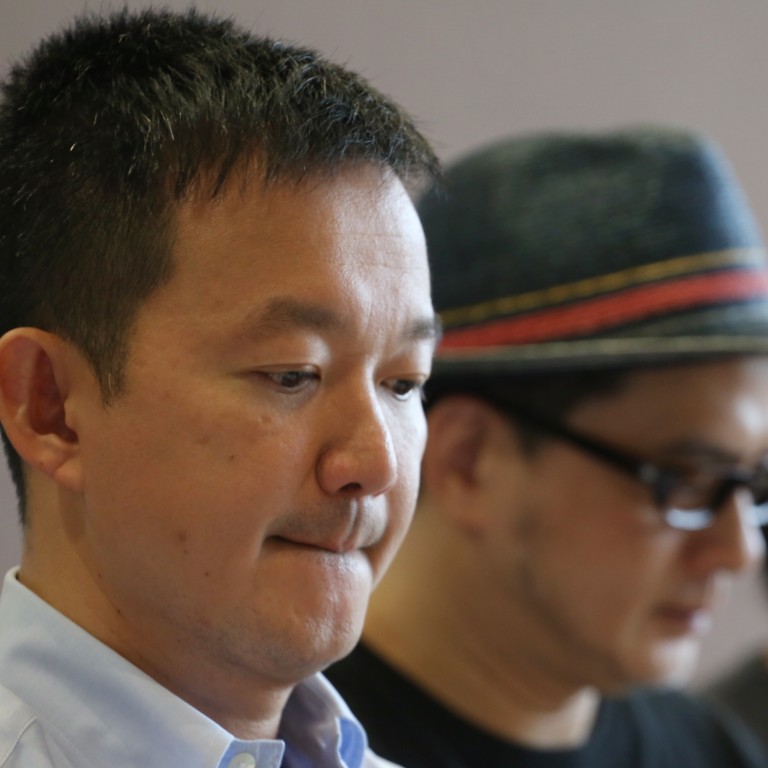
Freedom of speech no justification for insults directed at gay Hong Kong lawmaker Raymond Chan
Marco Wan says our right to free speech does not extend to statements intended to erode a person's intrinsic value as a human being
The video of two women hurling homophobic insults at legislator Raymond Chan Chi-yuen sparked widespread condemnation but there have also been voices defending the speakers' right to express their views. This incident raises interesting questions about the nature and function of the right to freedom of speech.
Freedom of speech is not an absolute right. All common law jurisdictions recognise that there are limits to what one can say in public, even though they differ on what those limits are. Defamatory speech, for example, can be legally proscribed: one cannot go around making false statements against someone which damages his or her reputation.
A key reason why the law imposes limitations is the concept of dignity. The roots of dignity can be traced back to at least as far as the 18th century philosopher Immanuel Kant. At its simplest, "dignity" refers to the intrinsic worth that all individuals possess by virtue of their common status as human beings. Since all individuals have the same intrinsic worth, we should show respect for the equal dignity of other people.
For Kant, a person's dignity is "unconditional", meaning it does not vary depending on factors such as race, class, gender or sexual orientation. This conception of equal dignity forms the basis of anti-discrimination law, and indeed much of human rights law.
Dignity is helpful for understanding where the limits to freedom of speech should be drawn. Statements intended to demean or devalue others due to something as fundamental to their identity as sexuality go against the spirit of the freedom of speech, because it is at odds with the concept of equal dignity.
In this light, the right to freedom of speech does not protect defamatory statements because they undermine the inherent self-worth of the people who have been defamed, lessening society's regard for them and planting doubt about their personal integrity.
It is for a similar reason that the homophobic verbal abuse directed at Chan, expressed simply to debase a person, should not be justified in the name of freedom of speech. Emasculating slurs are of course offensive, but the problem goes deeper: they are also deliberately intended to harm another person by eroding his dignity. They exist for no reason but to humiliate, disgrace and shame someone because of who he is. They constitute a blatant refusal to acknowledge the humanity of another person.
The speakers are treating someone as a second-class human being. There cannot be a more direct affront to the notion of equal dignity, and the way Hong Kong reacts to such insults reflects the dignity of the society in which we live.
